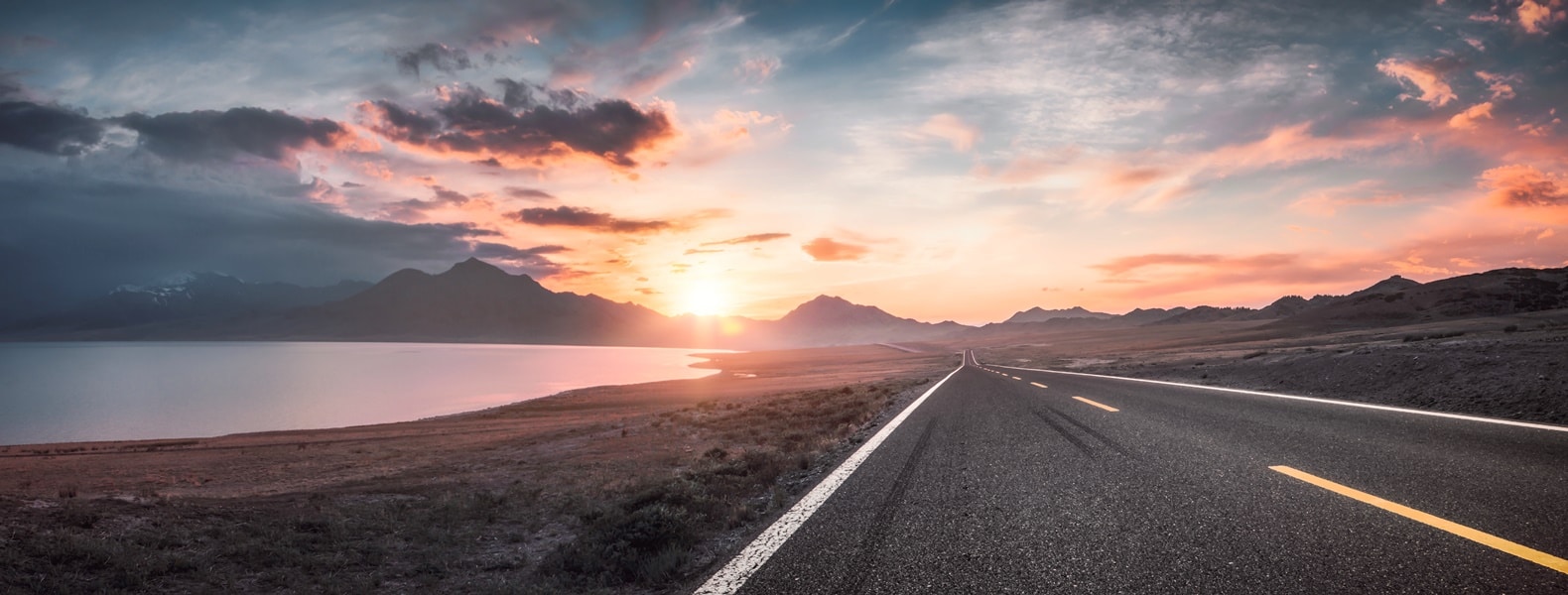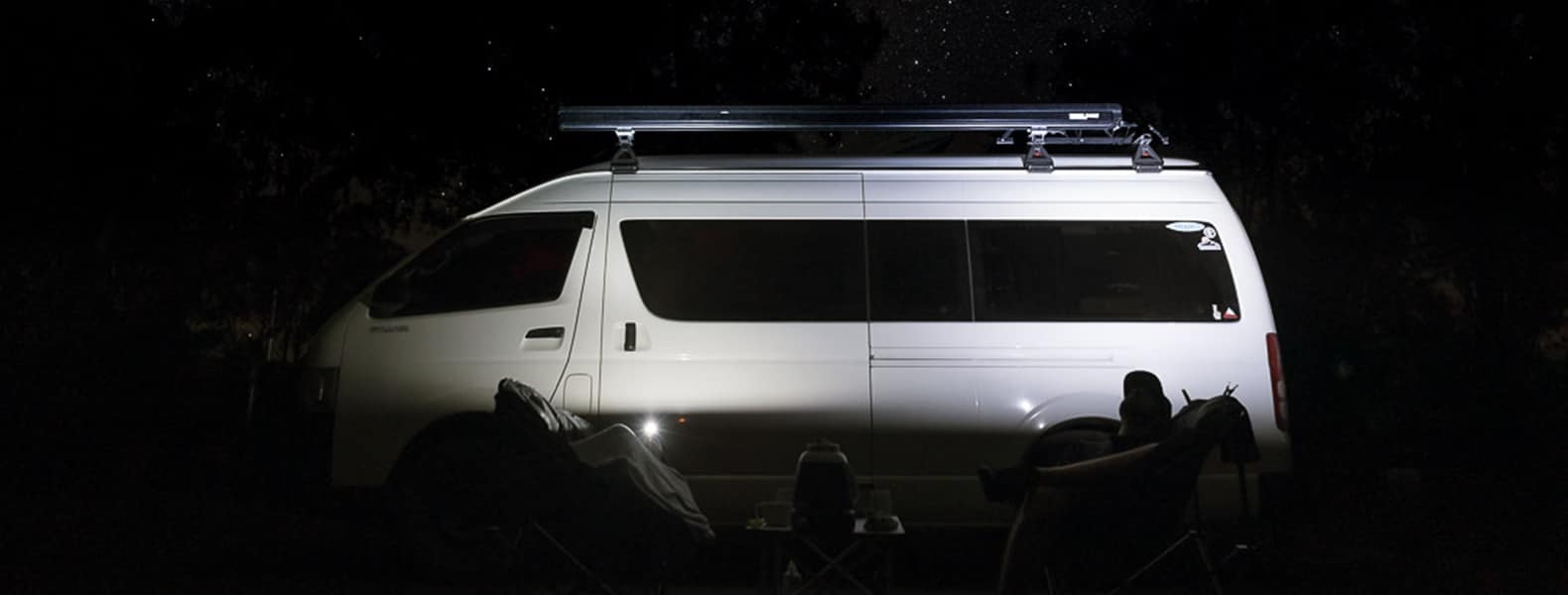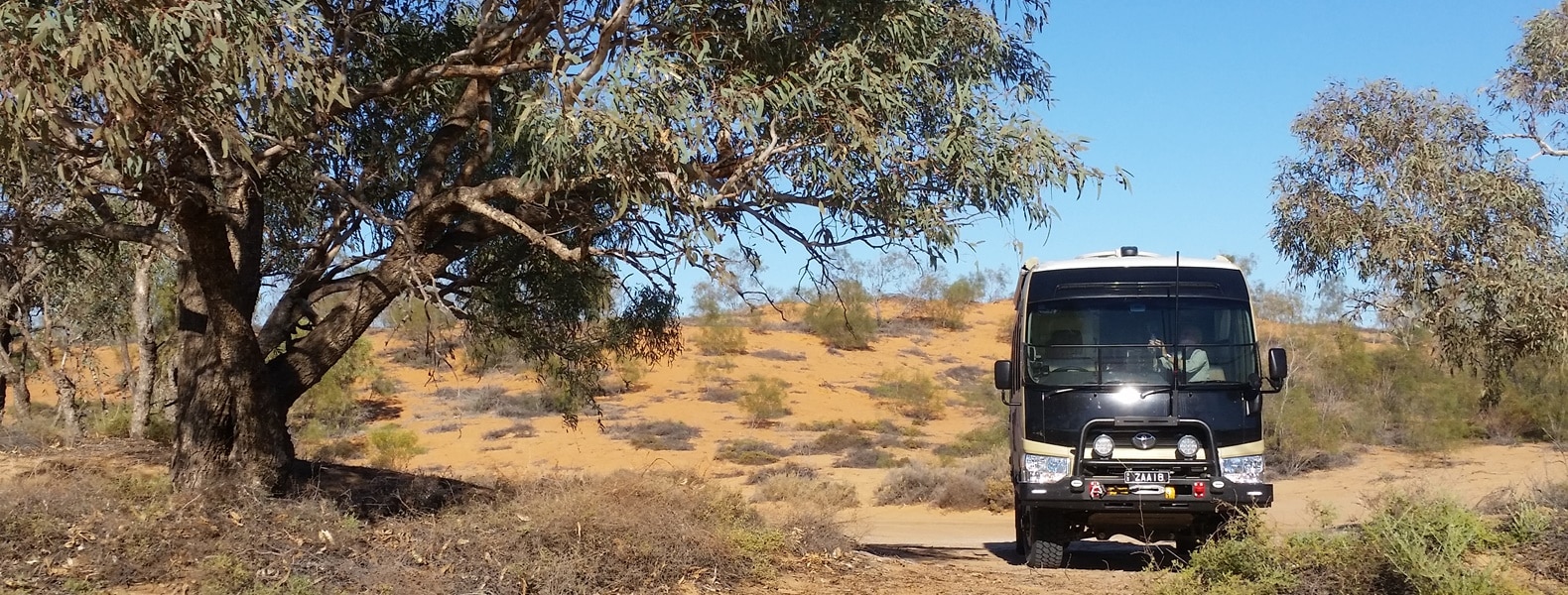With the coronavirus pandemic raging across the world and in Australia, the lockdown has not been felt more deeply by anyone than the grey nomads and the RV crowd. According to the Caravan Industry Association of Australia, more than 711,000 registered camper trailers, campervans, caravans, motorhomes and other RVs are parked across the length and breadth of Australia and not going anywhere soon. This is the stark reality facing those who were living or wanted to live the dream, which is going to radically change in the post COVID-19 world.
Since the lockdown began and states started closing their borders, many road travellers have been at the receiving end of “Go home” shouts and have seen friendly locals giving them the cold shoulder. The RV friendly town is losing its status because with essential travel restrictions, a campervan or motorhome is easy target to dob to the law authorities. Most road travellers obey the law and have voiced their concerns on social media on the confusion between staying put wherever they may be or travelling to find something permanent.

Australia has always been the land to live your dream, be it the big lap around the country in a 2WD or traveling outback country in your 4×4 RV. In years gone by, the segment that was religiously called the grey nomads who spent their retirement years travelling across the country is now slowly being replaced by the van life, a younger generation of road travellers. Majority of these youngsters have sold their houses or belongings and moved into a motorhome or campervan. Currently the #vanlife hashtag has more than 6.8 million posts on Instagram and is a trending topic even under lockdown and isolation.
Unlike grey nomads who travel to live the dream or to tick off a place on their bucket list, most van lifers opt the nomadic lifestyle for its simplicity, minimalism and freedom. Some of them simply like to travel as evident from their posts on social media; some like to work remotely from their vans or some work in the towns they visit. Grey nomads usually have a home base they return to, except a few who are permanently on the road. Most of them have the financial capability to pay park in caravan or campgrounds unlike van lifers who try to camp in free campsites, or in the city in front of a friend’s house if they want to shower or use the facilities.

But all this has changed with the COVID-19 situation. Caravan parks, campgrounds, campsites, national parks have closed. Most states have closed their borders so travelling inter-state is impossible. RV friendly towns have turned hostile or downright indifferent and locals who were welcoming are now resentful of outsiders, whether they are grey nomads, backpackers or holiday homeowners.
In the grace period before the lockdown, social media was abuzz with many confused on the restrictions and the legalities of travelling during the pandemic. There were the doomsayers but also good Samaritans who offered camping places in their acreages, however something changed drastically. No longer was travelling seen as a carefree lifestyle, setting up at night and moving up in the morning. There was a critical need to plan in detail with many opting to go back home to their families even at the risk of staying with the elderly during the pandemic.

Due to COVID-19, the entire world has changed, and it is not just the road travellers who are facing the heat. As per the ABC, in a camp site in Far North Queensland, about 15 homeless people live in cars and tents at a campsite between Ellis Beach and the Captain Cook Highway, 30 kilometres north of Cairns. They practice social distancing using dead branches and tree vines to section off sites and try to help each other out by making trips to the nearest town to buy food and essential items for elderly campers. Although the Qld Government has announced $24.7 million in March to help the homeless, it is doubtful this would extend to van life nomads.
So how is camping and travelling by road going to change post COVID-19 in Australia? Nobody knows. As of the end of April, states like Western Australia and Queensland have started slowly lifting the lockdown restrictions and permit family picnics and weekend drives. National parks are also planned to be opened and people will also be allowed to move around on non-essential travel.
While we hope things go back to normal as the economy in small towns depends to a large degree on grey nomads and road travellers, it is going to be a wait and watch policy. The world has changed, and it is certainly not returning to what it was, travelling included.
Download our FREE “Live the Outback Dream” e-book here
Do you want to check the Bus 4×4 range of 4×4 conversions for your next adventure? Call us on +61 7 3276 1420 or email us to discuss the options that can suit you to live the outback dream!











